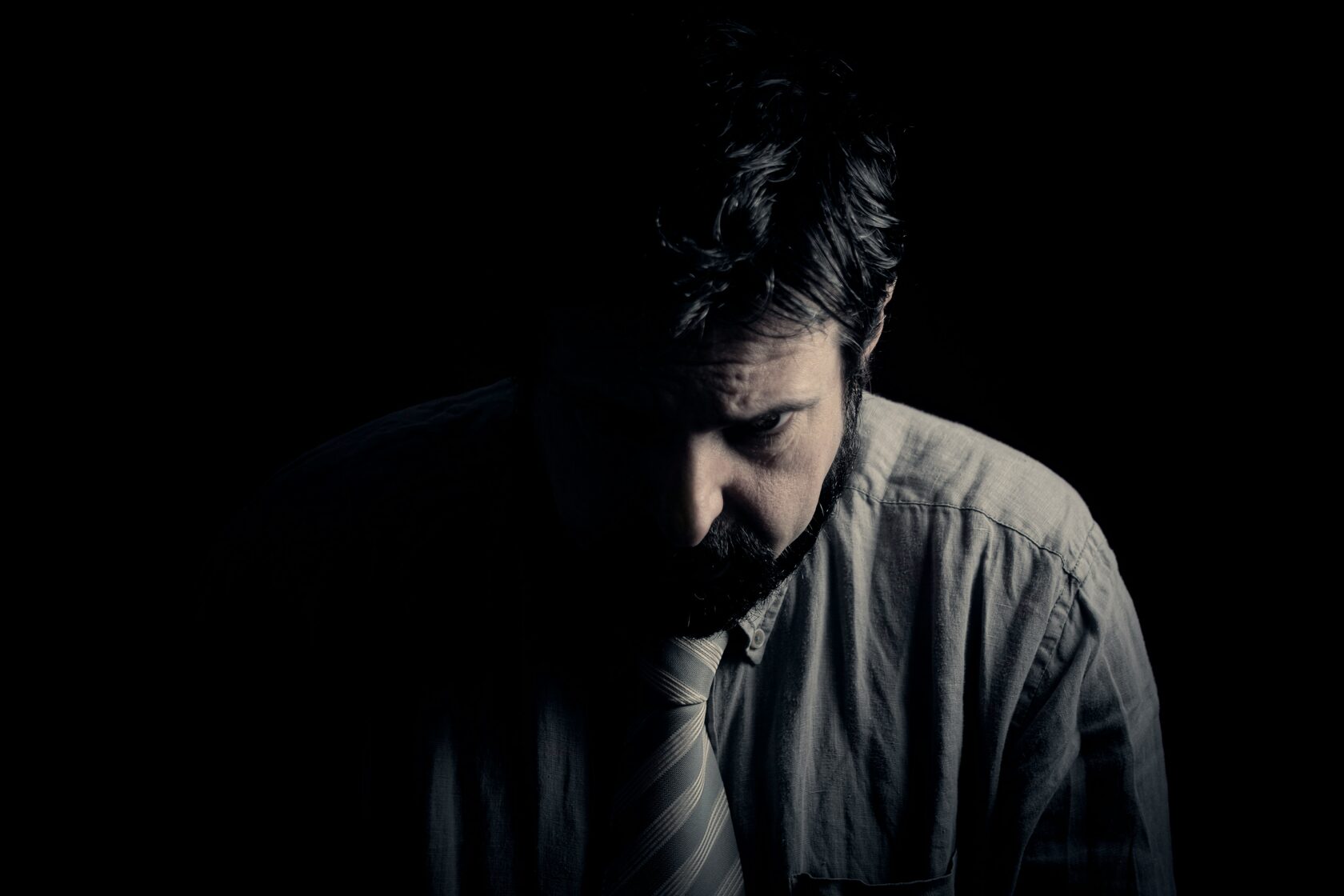
THE HIDDEN BATTLES IN MEN’S MENTAL HEALTH
The strongest people are not those who show strength in front of us but those who win battles we know nothing about.
Jonathan Harnisch
Men’s mental health is a very widely discussed topic in the recent years. It only shows that, as a society, we have moved forward in the recent years. But how far have we come?
The data for the entire UK paints a distressing picture: thousands of men are lost to suicide each year. The suicide rate for men is significantly higher than that for women (Samaritans.com). The sad reality points to a serious problem and indicates a worrying crisis across all of the UK.
This difference is often attributed to societal norms and expectations surrounding masculinity. We know that mental health stigma and destructive influence of toxic masculinity left many suffering in silence.
Yes, things are changing. But the change is too slow. The movement towards breaking down stereotypes, encouraging open dialogue and support for men’s mental health. But even that is not enough as we still cannot fully address the masks many wear to hide their struggles behind a facade of traditional masculinity.
Yes, things are changing but we are at the start of the path to recovery: as we see, there is more openness around men’s mental health. It is good to see that organisations introduce special wellbeing days, train and hire mental health first aiders, the data shows it is not enough. We have a long journey ahead
Yes, things are changing but we see that deeper, more systemic changes in the society, at workplace and in life are needed. People opening up about their mental health problem inspire others to come forward, to look for help. It’s great! But… It’s not enough. We need a fundamental shift in how our society views masculinity and vulnerability. Stereotypes that equate emotional strength with silence are not only outdated but dangerous.
So, what can we do?
How often men actually have those heart-to-heart conversations? Hardly ever! But what if we created an environment where every man knew it’s more than okay to say, “Actually, I’m not okay.”
Of course we can create safe environment for these conversations. But unless men themselves do not start to check in for well-being of themselves and their mates, listening and supporting each other, we won’t move far.
Yes, we are on a path of creating a more open and understanding society but the road ahead is long. And while we are moving forward, we should try to create the environment where the conversations about men’s mental health are treated just the same as any other chat, with no awkwardness and avoidance. We need a society where asking for help should be not more difficult than asking directions.
As Brene Brown said, ‘Only when we are brave enough to explore the darkness will we discover the infinite power of our light.’ Let’s move towards that light!
